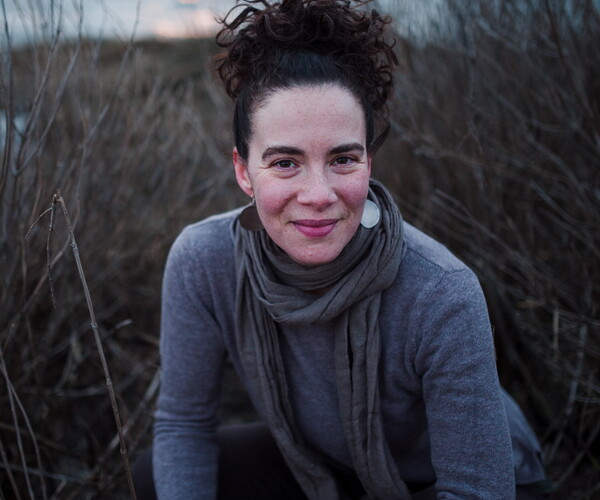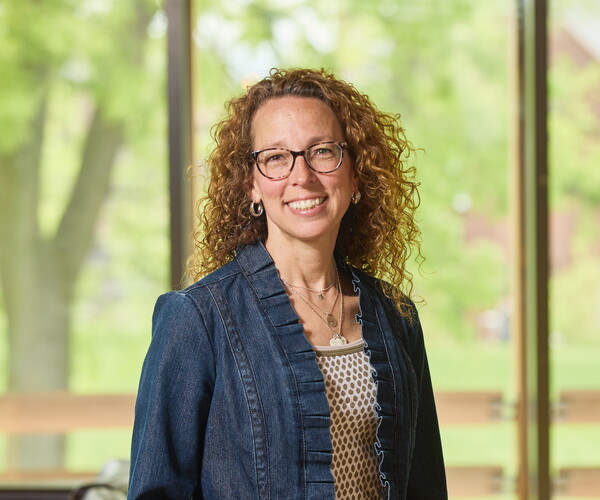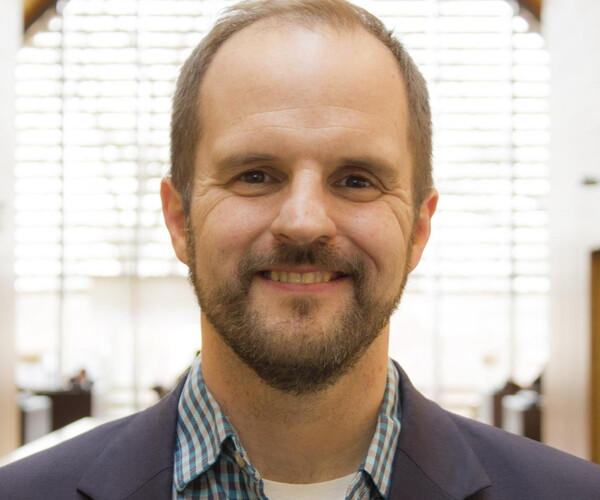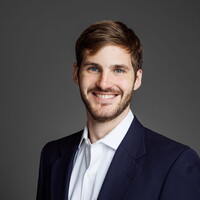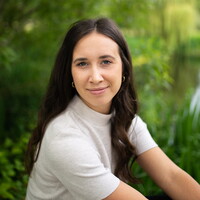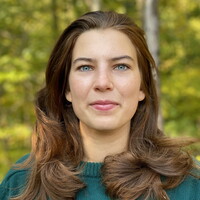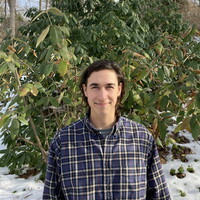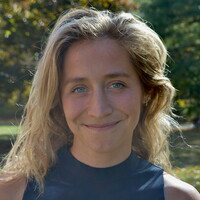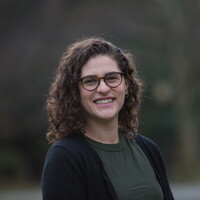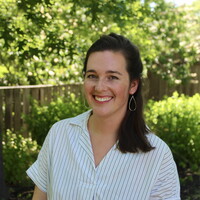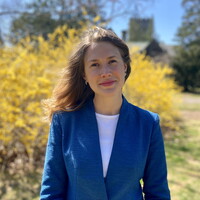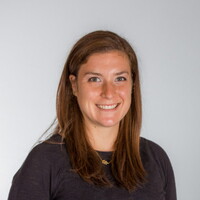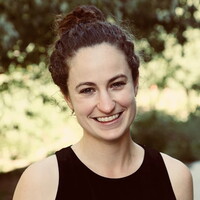Regenerative Agriculture Lab
Clinical Independent Studies at CBEY: Supporting a just and thriving agricultural community and food system for both people and the planet.
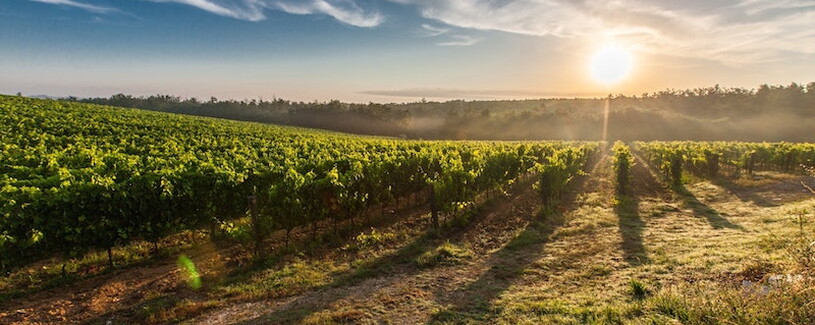
Program Overview
Originally called the Regenerative Agriculture Initiative, this program supported student-led research projects around how to inspire, support and finance regenerative agricultural practices.
Building on what we’ve learned and the successful projects we’ve supported to date, we are revising the program into a “lab” model. The Regenerative Agriculture Lab will design and supervise 3-4 independent study projects with external organizations, businesses and actors who are deeply engaged with regenerative solutions that support a just and thriving agricultural community and food system for both people and the planet.
The RAL will engage with deeply challenging questions facing agricultural communities and producer-consumer networks today, encouraged by the prospect that regenerative approaches may hold the promise of reversing long-standing patterns of social, economic, and ecological exploitation. The Regenerative Agriculture lab will explore and support work such as:
- community and farmer-driven approaches that are climate resilient and employ just practices for workers and people
- viable and equitable food and agricultural business models
- reparative finance and investing practices
- systemic and Intersectional agriculture related solutions to the climate crisis
Project Specifics
These will be semester-long, partner-focused projects to help these external partners unpack questions and further their impact. These will be held in the Fall semester for graduate and professional students across Yale. The RAL will be led by Tagan Engel, Resident Fellow at the Yale Center for Business and the Environment. A faculty member with expertise in the subject area will also advise on each project.
The students will actively work within their cohort, engage with external partners, and meet with CBEY mentors on a weekly basis. We will then seek to publish and disseminate select successful efforts at the close of the project cycle, to inspire decision-makers to adapt business, organizational and investment models to fit a regenerative approach.
Clients get:
-
A team of students to dig into a specific question they’d like to unpack or an issue they are facing
-
Support from staff and faculty at the Yale Center for Business and the Environment
-
The opportunity to come to Yale and talk about their organization and their work as part of a speaker series on regenerative agriculture and just food systems
Students get:
-
Exposure to a real-world issue that an organization is facing in the regenerative ag space
-
The opportunity to work in a group of 2-4 students to tackle that issue
-
Guidance from mentors at Yale
-
The opportunity to create a public-facing document to help others learn from this work
-
Course credit as an Independent Study (3 credits YSE/4 units SOM)
Our application has closed. Please consider applying for this opportunity in the Fall of 2024!
Our Current Projects
Grupo Trimex
Work with Grupo Trimex, the largest wheat milling and flour manufacturing company in Mexico to draft a farmer-centric, regenerative agriculture framework to formalize and guide their sustainability initiatives. This project involves reviewing existing interviews and data from farmers, conducting additional interviews, and an examination of current agriculture and workers' rights practices and goals. Students will develop an easy-to-read guide with a spectrum of regenerative practices and approaches that meet farmers where they are at and recognize the good work previously done. This guide will also prioritize changes that address the climate crisis and farm worker well-being.
Mar Gutierrez, Sustainability and Social Responsibility Manager for Grupo Trimex and Yale School of the Environment Alum, will be the industry advisor on this project. Spanish-speaking students are encouraged to apply (although Spanish language skills are not a requirement).
Black Farmer Fund
Support The Black Farmer Fund in their community-driven reparative capital investing process. Students will learn and participate in the Fund’s due diligence process, gathering and analyzing essential information to help determine investment readiness and needs of potential northeast Black farmers or food entrepreneurs. Learn practical skills and innovative approaches to investing that work to repair the harms of generations of systemic racism and support the Black Farmer Fund in nurturing Black community wealth & health through this work. In addition to engaging in the Fund’s due diligence project, students will write a reflection article about this work and process as an educational tool for other students and the public.
Investment Director, Charles (Chaka) Wade will be the Black Farmer Fund advisor on this project.
Yolélé Foods
Work with West African food and economic development company Yolélé to create a regenerative business model for permaculture and agroforestry in Mali centered around the climate-resilient grain fonio. Chef Pierre Thiam has successfully built Yolele over the past 5 years to create economic opportunity for smallholder farming communities in West Africa; to support their biodiverse, regenerative, and climate-resilient farming systems; and to share Africa’s ingredients and flavors with the world. With this new agroforestry work, Yolele plans to diversify and expand the indigenous crops they support and distribute to include fonio, baobab, moringa, nere, and others. Students will create a business plan for this agroforestry expansion that builds on the agricultural planning and local economic development framework already in place.
Chef Pierre Thiam, Co-founder and President of Yolélé Foods will be the industry advisor for this project.
CBEY Resident Fellow Tagan Engel and a faculty member from Yale will also support/advise on each of the projects listed above.
contact info
If you are an organization that would like to learn more or potentially get involved in this initiative, reach out to us at cbey@yale.edu.
